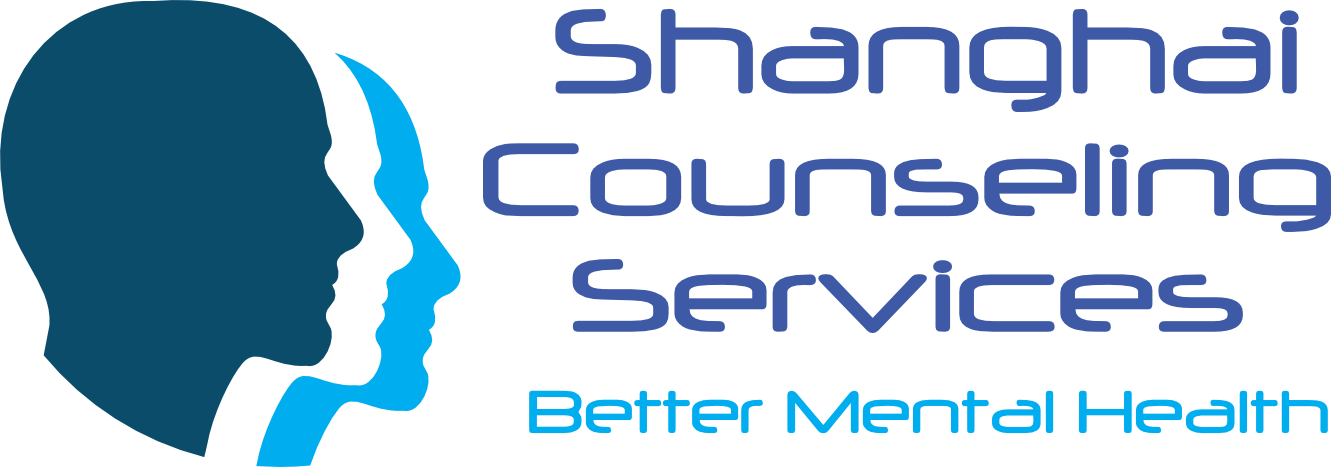Depression is a common mood disorder that affects a person’s feelings, thoughts, behaviors, and general well-being. The person’s world can be painted with sadness, helplessness, worthlessness, guilt, or hopelessness. Depression puts a negative spin on everything, including self-image or interpretation of the present moment. If not treated, it can lead to limited daily functioning.
Therapy Details
Several methods are used to treat depression, including Cognitive Behavior Therapy (CBT), Mindfulness, and Psychodynamic therapy. Such techniques enable the person to reframe negative thinking into a positive view and employ behavioral skills in combating depression. Therapy can also help you work through the root of your depression. It can help you understand why you feel a certain way, your triggers for depression, and what you can do to stay healthy.
Therapy Process
- Challenge negative thinking
- Recognizing and addressing defense mechanisms (reactions and behaviors used to avoid distressing thoughts and feelings)
- Identifying patterns and trying to understand their significance and how they affect mood and reactions
- Self-care (e.g., relaxation techniques)
- Lifestyle changes (e.g., better diet, exercise)
- Develop support systems (e.g., friends, community resources)
- Identification of emotion, expression of emotion, dealing with emotional baggage
